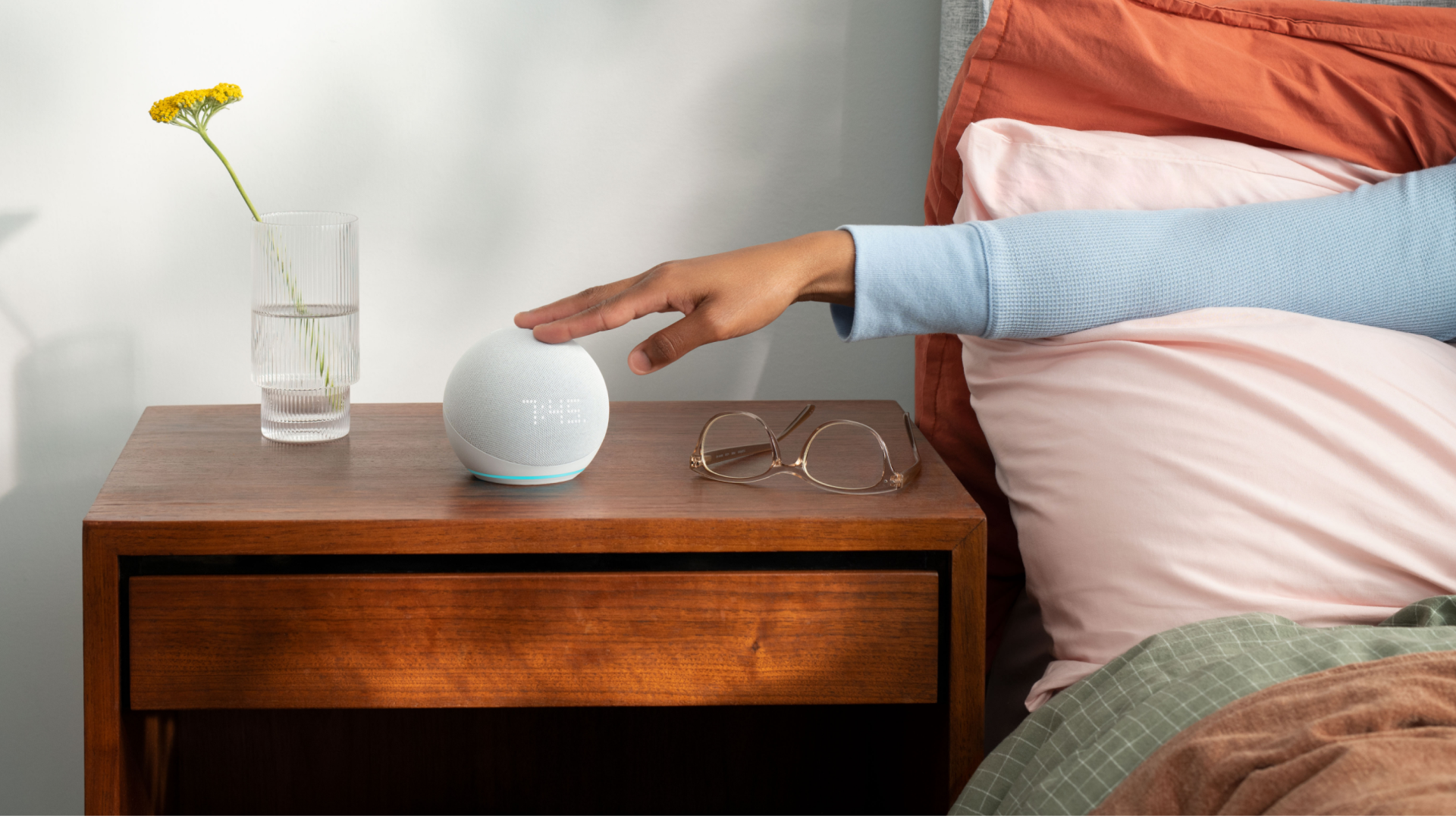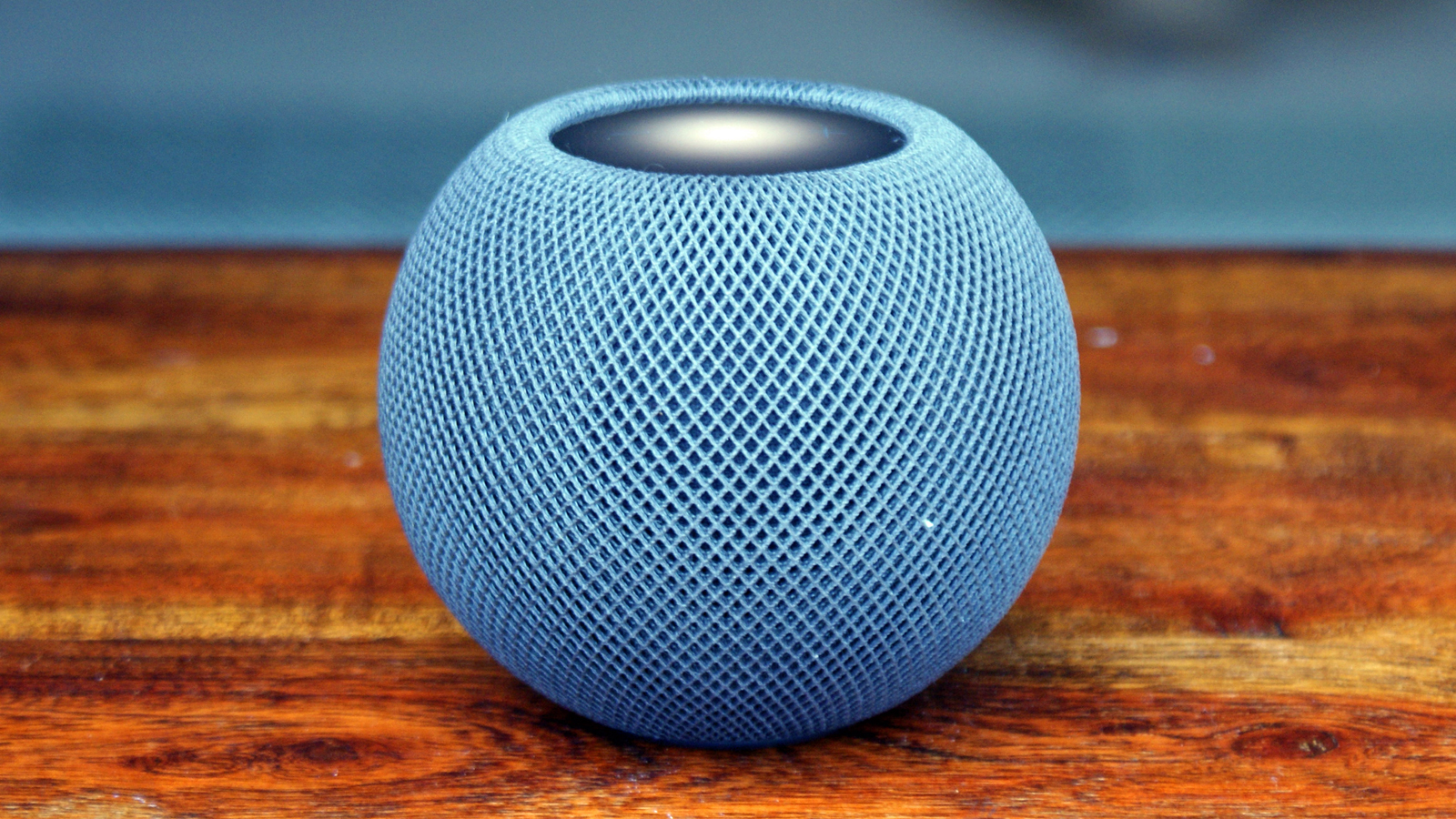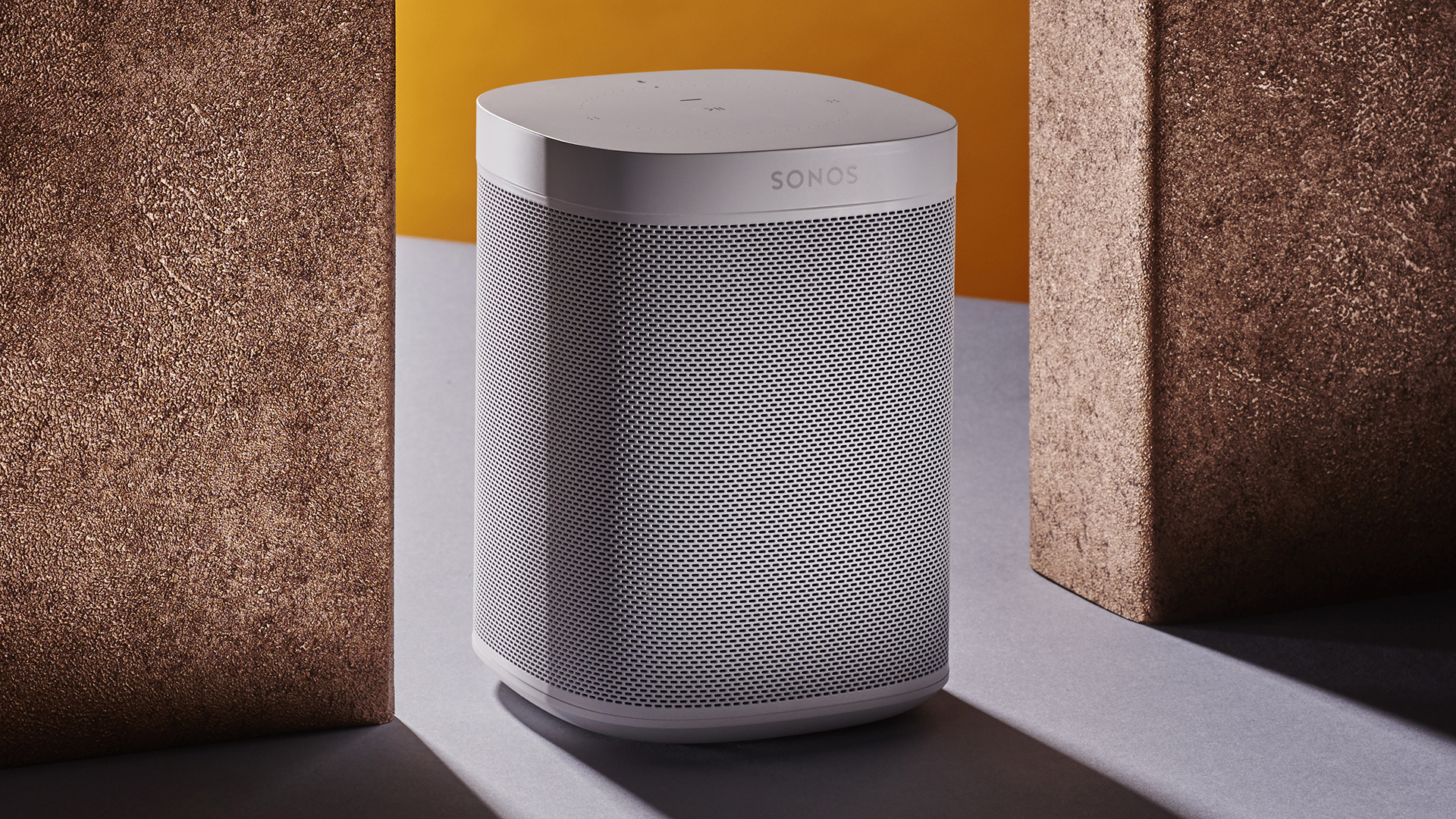How to choose the perfect smart speaker for you
Get the right smart speaker with our breakdown

Choosing the right smart speaker is challenging. In a world of multiple assistants and more little grey fabric spheres than we like to count, it feels like everything is promising the world to you, in the form of a digital assistant.
If you just want to know about the different products out there, our guide to the best smart speakers can point you towards great options. But if you want to know about the bigger picture, here we'll break down everything you need to consider, from the ecosystem to the speaker size and other priorities. At the end, hopefully you'll have a clearer idea of what to look for, so the big range of speakers doesn't seem so daunting.
Which ecosystem do you belong to?
It’s a very modern question, but to get the right smart speaker for you, we have to check if you’re already harnessed to one particular ecosystem. There are three big names here. Apple’s Siri, Amazon’s Alexa, and Google Assistant.
If everyone in your household has an Android phone, you might already be sharing everything with Google Assistant; if you’re buried deep in Apple’s world with iPhones, iPads, and Apple Watches, Siri would probably be a natural fit; and if you’re paying for Amazon Music or have synced your Philips Hue lights with an Echo already, you’re already using Alexa as your primary digital assistant.
Even your music service can dictate your chosen smart speaker. If you’ve got Spotify, the service doesn’t natively work on an Apple HomePod Mini. You can stream your Spotify playlists from your iPhone but you won’t be able to ask the HomePod to play them – whereas you can on Alexa and Google Assistant. Connectivity is key and you need to make sure that your existing subscriptions and smart home purchases also work with your new device.
We’re not going to go all Ghostbusters on you and say you shouldn’t cross the streams – or, indeed, streaming services – but remembering different digital assistant names in different rooms just makes no sense. You want to choose one and stick to it. If you side with Siri, you’ll currently only be able to use Apple’s HomePod Mini smart speaker to invoke it. We expect a larger HomePod 2 to come along at some point though.
For both Alexa and Google Assistant, you’ve got a little more choice. While you’ll obviously find Alexa on all of Amazon’s Echo devices and Google Assistant in Google’s Nest speakers, both Alexa and Google Assistant are built into Bose and Sonos smart speaker offerings. Again, you’ll only set them up with one but it’s nice to have the choice, especially if you’re spending a little more to have a better quality of sound.
Sign up for breaking news, reviews, opinion, top tech deals, and more.

What size do you need and how much do you want to spend?
Now you’ve decided which assistant you’re siding with, it’s time to work out the right size of smart speaker you need. This is all about making sure it’s the best fit for the room you want to kit out. Is this going into the kitchen on a crowded work surface, or is this smart speaker going to be the main source of streaming audio for a large living room? Most of the manufacturers have at least two sizes of speaker for this very reason.
The important thing to note though is that speaker size doesn’t necessarily mean that the audio can’t fill a room. The spherical HomePod Mini is under the $100/£100 price point and, as we said in our Apple HomePod Mini review “It's excellent for a speaker that's so small, and it really feels like the right mix of value for money and sound quality. The bass isn't too heavy, vocals aren't lost in the mix, and when you pair two minis, the stereo experience is really immersive.”
And if you want to spend even less, the Amazon Echo Dot range, is often dramatically reduced on Amazon as part of regular promotions. These little globes in their multiple colours of gray don’t sound quite as strong as the HomePod or Google’s Nest Audio but are ideal for kitchen listening to audiobooks or podcasts. Or, y’know, just for instructing Alexa to turn on the lights.
The new 5th generation Echo Dot with Clock for 2022 even has a useful LED clock that can also show other basic text-based information. These smaller offerings are quite often speakers you just want to ask for a weather report or to keep you updated on your Amazon parcels so don’t always need to be colossal in size or investment.

How much of an audiophile are you?
So you’ve chosen your digital assistant but what if you aren’t content with mere standard speakers for your streaming audio? TechRadar’s favourite option as an all rounder for full-bodied sound is the Sonos One. You’re obviously paying more here for access to Alexa or Google Assistant than you would with Amazon or Google, but the Sonos One supports Hi-Res Audio with Amazon Music Unlimited. It’s neat and compact and the six built-in microphones mean you’re much more likely to be understood from the get go.
But if you want to opt for even richer sound, you don’t want to miss TechRadar’s best speaker for audiophiles. Well, those who are happy to depart from wired audio that is. Of course, it’s an option from Bose. As we said in our Bose Home Speaker 500 review “the soundstage still feels remarkably wide, which makes for a truly room-filling sound – impressive, particularly when you consider its diminutive size.” The price tag does match the soundstage here though as just one of these speakers will set you back $400 / £400 / AU$600.
Do you need your smart speaker for more than just music?
We have already got to the point that smart speaker upgrades have become somewhat iterative. Better sound here… An improved microphone there… But Amazon has decided to add a particularly useful addition to its new Echo devices. Newer Amazon Echo devices can help boost your home Wi-Fi signal.
Both the Amazon Echo 4th Gen and Echo Dot 4th Gen will also get the functionality to connect with an Eero mesh Wi-Fi set up, as well as the new Echo Dot 5th Gen. So yes, this is dependent on you using Eero – and investing in Amazon’s mesh Wi-Fi if you haven’t already got it – but it’s another step forward in reducing the number of wired devices we have everywhere and an affordable mesh option. It’s also just a hint at what our smart speakers could become capable of in future.
Louise Blain is a writer and presenter specialising in tech, games, and horror entertainment. Thanks to the latter, she needs to avoid nightmares and regularly reviews the latest sleep tech for BBC Scotland, TechRadar and T3. Her specialist subjects include mattresses, weighted blankets, and sleep aids.
